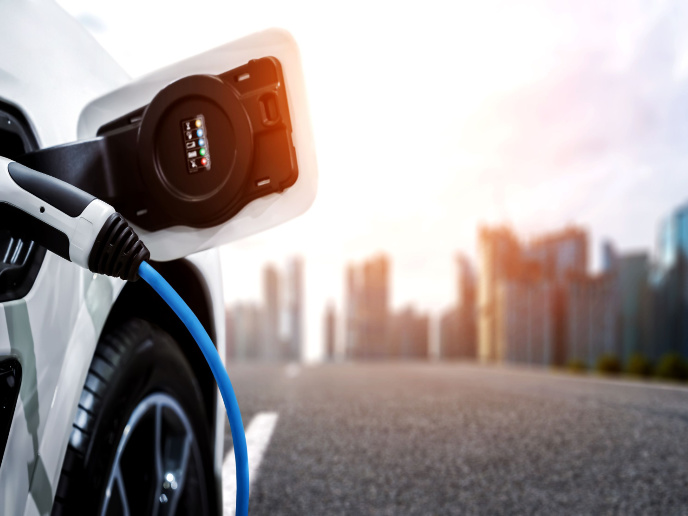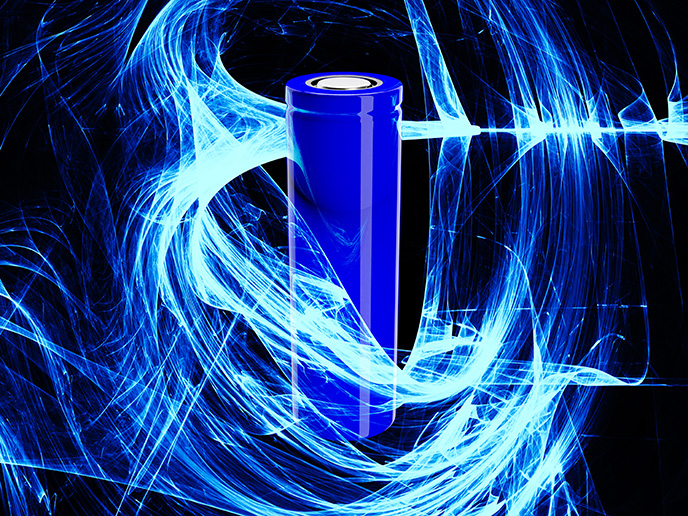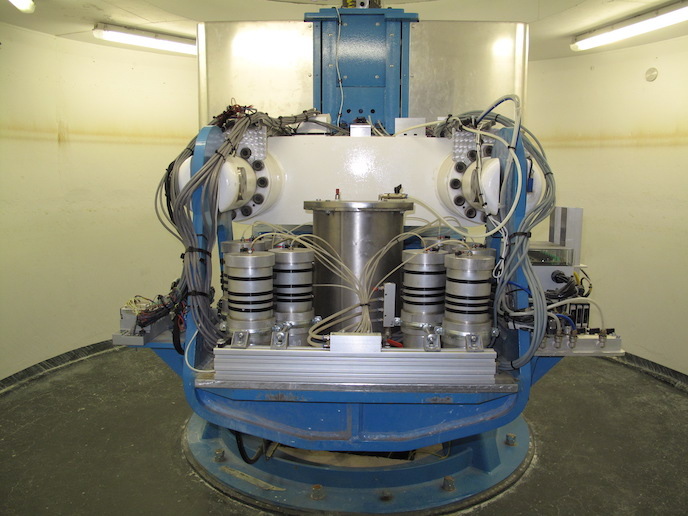A circular economy for hybrid and electric vehicles
The automotive industry is crucial to the EU economy, employing approximately 13.8 million people(opens in new window). It is currently undergoing a fundamental transformation from fuel cars to electric vehicles (EVs) and hybrid vehicles. This means a massive flow of EVs will have to be dismantled at their end-of-life in the years to come, which presents key challenges for Europe due to the novelty of technologies used and the current lack of specialised circular chains. Meeting these challenges head on, the EU-funded CarE-Service(opens in new window) project developed solutions and business models for the establishment of new value chains for the reuse, remanufacturing and recycling(opens in new window) of key parts of EVs (batteries, metal and techno-polymeric components), as well as new mobility services. “We have also suggested guidelines for the evolution of the regulation and standardisation favouring the diffusion of new circular business models and contributed to the creation of a favourable policy context for the circular economy of EVs as a strategic industrial opportunity for Europe,” explains Giacomo Copani, project coordinator.
New enabling technologies and services
One of the technical solutions developed during CarE-Service includes a robotic system for the dismantling of battery packs. “This is a very critical operation as a result of complexity, variety of batteries and especially safety reasons. Currently, this is performed manually by a few certified companies in Europe,” confirms Copani. Such a robotic system was made transportable inside a truck to make technology available as a service to dismantlers that have to treat end-of-life vehicles and cannot afford big investments. A portfolio of testing and characterisation technologies was also developed to test and objectively measure the geometrical, mechanical and materials characteristics of the various dismantled parts as soon as they are disassembled. “These technologies were made transportable in a testing ‘Smart Dismantling Module’ to offer advanced on-site testing services to dismantlers, which can guarantee in this way the characteristics of parts that they disassemble from cars while selling them to other customers for recycling, remanufacturing or reuse,” adds Copani. The project also developed an ICT platform(opens in new window) for the integration of companies in circular value chains for the circular economy of EVs. Discussing the platform, Copani notes: “It integrates all the actors of the circular chain – original equipment manufacturers, dismantlers, recyclers, remanufacturers, logistics providers, second users, etc. – in a coordinated community in which ‘certified’ parts are managed and marketed with high-quality criteria and standards.” Other CarE-Service technologies and new mobility services can be found on the project’s website(opens in new window).
Continuing the work
“In the project, we have demonstrated an effective, innovative and sustainable circular economy system for EVs, based on the integration of new technologies for the treatment of the most critical parts of such vehicles and on novel circular business models,” emphasises Copani. Based on the project’s estimations, CarE-Service expects that over the next 10 years 8 % of electric end-of-life vehicles can be processed by the CarE-Service platform/network. This will help to generate jobs and positively impact on the environment. “Looking towards the future, project partners will pursue the exploitation strategy that was designed in the project. Partners will also continue to pursue research and innovation activities to cover any gaps, ensuring the results are impactful at a large industrial scale in the future,” concludes Copani.







